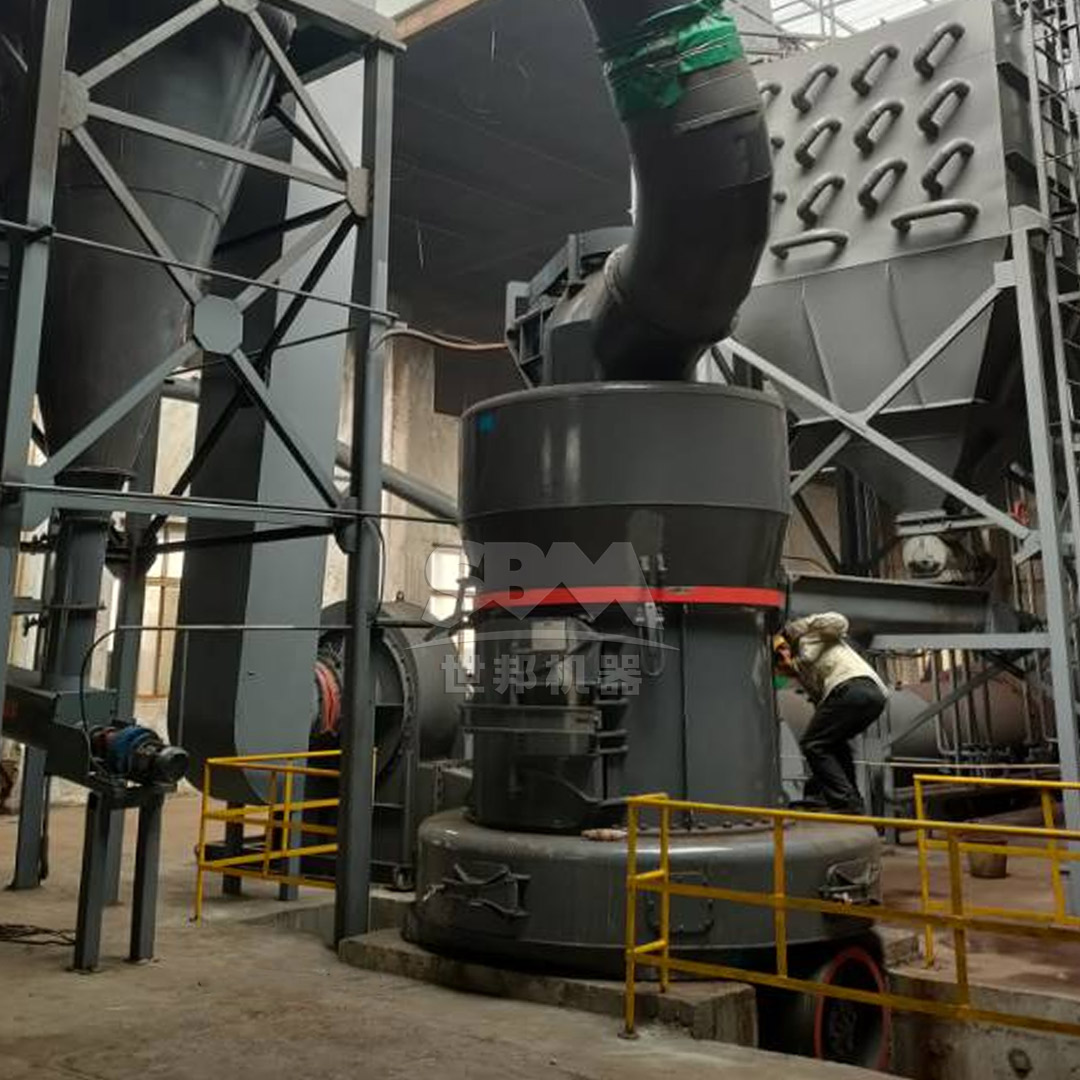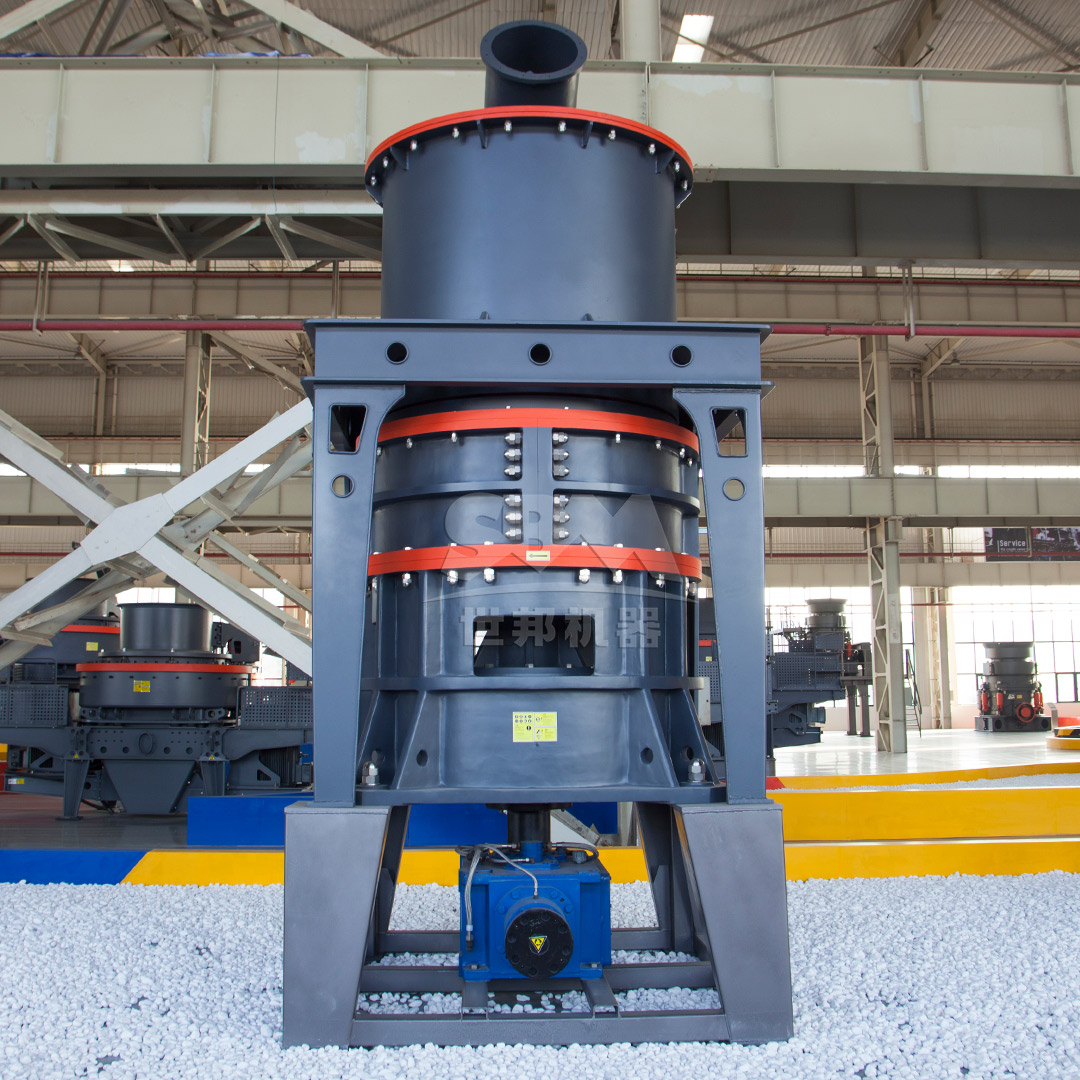Bentonite, a highly absorbent clay primarily composed of montmorillonite, plays a crucial role in numerous industrial applications, particularly in chemical refining. Its unique properties, including high swelling capacity, cation exchange ability, and thixotropy, make it indispensable in processes such as catalyst production, decolorizing of oils, and wastewater treatment. The efficiency of these applications heavily depends on the quality of the bentonite powder, which is determined by its purity, particle size distribution, and activation level. Therefore, establishing a sophisticated bentonite powder processing plant is paramount for meeting the stringent requirements of the chemical industry.
The processing of bentonite involves several stages: mining, drying, crushing, grinding, purification, and sometimes activation. Each stage requires specialized equipment to ensure the final product meets the desired specifications. Among these, the grinding stage is particularly critical as it directly influences the particle size and surface area of the bentonite, which are key factors in its performance. This article delves into the essential equipment for a bentonite processing plant, with a focus on grinding machinery, and highlights advanced solutions that enhance efficiency and product quality.

The journey from raw bentonite clay to refined powder involves multiple steps. After mining, the raw material often contains a high moisture content, necessitating a drying process to reduce moisture to optimal levels for crushing and grinding. Following drying, primary and secondary crushing break down the large chunks into smaller particles, typically less than 20mm, preparing them for the fine grinding phase.
Grinding is where the material is reduced to the desired fineness, often ranging from 45 micrometers to as fine as 5 micrometers. This stage requires mills capable of handling the abrasive nature of bentonite while achieving precise particle size control. After grinding, purification processes may remove impurities, and activation with acids or other chemicals can enhance the bentonite’s properties for specific applications.
The heart of any bentonite processing plant is its grinding system. The choice of grinding equipment impacts not only the product quality but also the operational costs, energy consumption, and environmental footprint. Several types of mills are used in the industry, each with its advantages and limitations.
For applications requiring very fine bentonite powder, such as in high-performance catalysts or advanced decolorizing agents, ultrafine grinding mills are essential. These mills must deliver consistent particle sizes in the range of 5 to 45 micrometers while managing the challenges posed by bentonite’s abrasiveness and tendency to agglomerate.
One standout solution in this category is the SCM Ultrafine Mill. This mill is engineered to handle materials with an input size of up to 20mm and produce powder with a fineness between 325 and 2500 mesh (D97 ≤ 5μm). With a capacity ranging from 0.5 to 25 tons per hour depending on the model, the SCM series offers remarkable efficiency. Its technological advantages include high energy efficiency—consuming 30% less power compared to jet mills while doubling the output—and intelligent control systems that automatically adjust to maintain consistent product fineness. The vertical turbine classifier ensures precise particle size cut, eliminating coarse powder contamination. Moreover, its durable design features special material rollers and grinding rings that significantly extend service life, and the pulse dust collector exceeds international environmental standards, making it an ideal choice for modern, eco-conscious plants.

For processes where the required fineness is in the medium range, such as 30 to 325 mesh, trapezium mills like the MTW Series are highly effective. The MTW Series Trapezium Mill can process feed sizes up to 50mm and deliver outputs between 30 and 325 mesh (up to 0.038mm), with capacities from 3 to 45 tons per hour. Its key features include anti-wear shovel blades that reduce maintenance costs, curved air channels that minimize energy loss and improve transmission efficiency, and integral gear transmission that achieves 98% efficiency. The wear-resistant volute structure enhances air classification efficiency and lowers operational costs. This mill operates by having the main motor drive the grinding rollers to revolve around the central axis and rotate themselves, generating centrifugal force. The shovel blades throw material into the space between the grinding ring and rollers, where it is crushed through extrusion, and the grading system precisely controls the final particle size.
Modern bentonite processing plants leverage advanced technologies to optimize performance. Automation and smart control systems are integral to maintaining consistent product quality and reducing human intervention. For instance, mills equipped with PLC systems can monitor parameters in real-time, adjusting operations to compensate for variations in feed material or ambient conditions.
Energy efficiency is another critical consideration. Grinding is an energy-intensive process, and selecting equipment with low specific energy consumption can significantly reduce operational costs. The SCM Ultrafine Mill, for example, not only lowers energy use but also features noise reduction designs, operating at below 75dB, which contributes to a better working environment.
Durability and maintenance are also paramount. Bentonite’s abrasive nature can lead to rapid wear of grinding components. Mills constructed with high-quality, wear-resistant materials, such as the special alloy rollers in the SCM series, offer longer service life and reduced downtime for maintenance.
Environmental regulations demand that processing plants minimize dust emissions and noise pollution. Advanced dust collection systems, like the pulse dust collectors in both the SCM and MTW series, ensure that emissions are kept below stringent standards. Additionally, fully sealed negative pressure operation in mills like the LUM series prevents dust leakage, protecting both workers and the environment.

Establishing a bentonite powder processing plant for chemical refining requires careful selection of equipment to achieve the desired product quality efficiently and sustainably. The grinding stage, in particular, demands mills that can deliver precise particle sizes while withstanding the material’s abrasiveness. The SCM Ultrafine Mill stands out for applications requiring ultra-fine powder, offering high efficiency, durability, and environmental compliance. For medium-fineness requirements, the MTW Series Trapezium Mill provides robust performance with advanced features that reduce operational costs. By integrating such advanced machinery, plants can enhance their refining processes, meet industry standards, and contribute to a more sustainable operation.